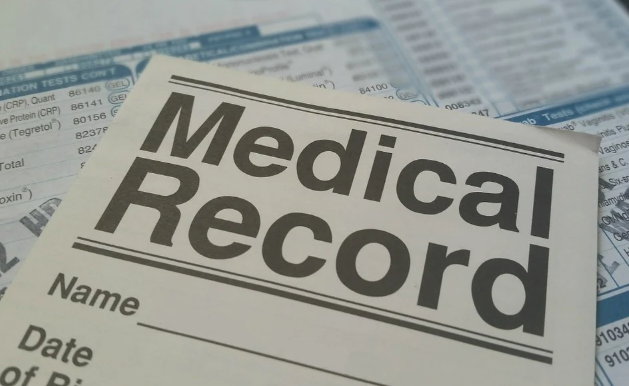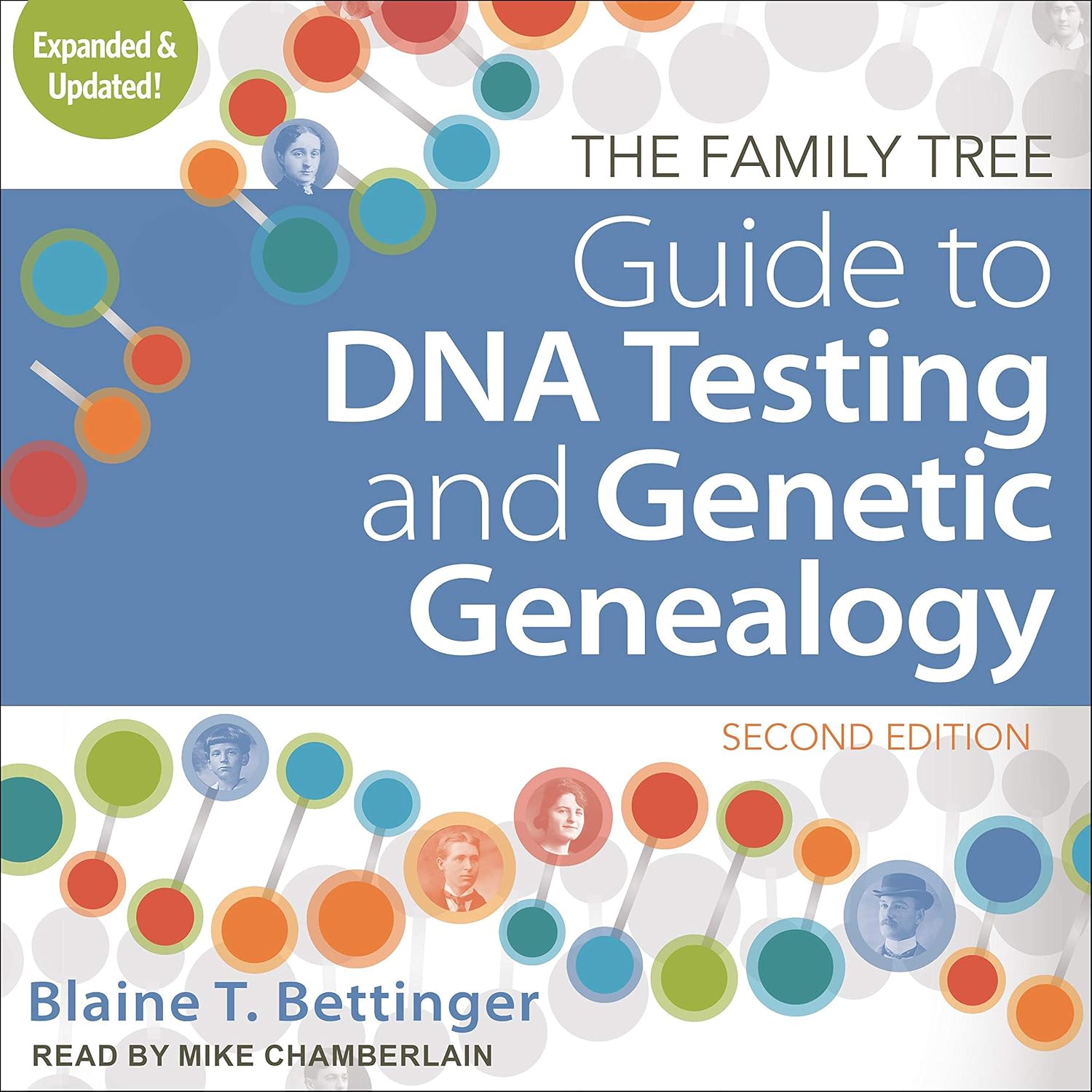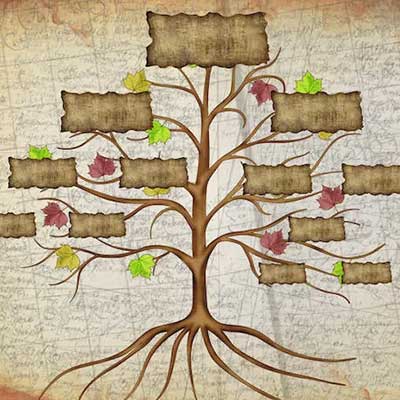- Home
- Best DNA Testing Kits
- Understand Your Family Medical History
Understand Your Family Medical History
Discover the significance of your family medical history and its impact on health. Learn how to collect and share this valuable information with healthcare providers. Explore the importance of understanding your family’s medical background and how it can help identify potential health risks. Get practical tips on creating a comprehensive family medical history and preserving your family’s health legacy.
Do you know your family’s medical history? Understanding your family’s health background can provide valuable insights into potential health risks and help you make informed decisions about your well-being. This article delves into the importance of family medical history, common genetic disorders, and practical steps to gather and record this information. I’d like you to please discover how this knowledge can empower you to take proactive measures for a healthier future.

Uncovering Genetic Clues
Family medical history encompasses three generations of blood relatives, including parents, children, siblings, grandparents, and more. It serves as a vital tool for healthcare professionals to identify patterns of disorders among family members and determine the risk of developing specific health conditions. Knowing your family’s medical history can prevent avoidable health issues and save future generations from unnecessary suffering.
Common Genetic Disorders Linked to Family Medical History
Understanding family medical history can help identify several common genetic disorders and medical conditions, such as diabetes, history of breast cancer, mental health issues, kidney disease, epilepsy, rheumatoid arthritis, stroke, osteoporosis, muscular dystrophy, congenital heart disease, prostate cancer, cardiovascular disease, cystic fibrosis, blood clots, bleeding problems, hereditary diseases, high blood pressure, certain cancers, colon cancer, sickle cell anemia, history of heart disease, ovarian cancer, other types of cancer, and chronic granulomatous disease. Recognizing these conditions provides valuable insights into potential health risks within the family.
Why Recording Family History Matters
While having relatives with specific conditions doesn’t guarantee that others will develop the same problems, recording family medical history is essential for minimizing risk factors. Your Health Care Provider can recommend regular screening tests and lifestyle changes for high-risk individuals. Properly documenting ancestral health records is crucial and can be done by engaging in conversations with older relatives and gathering information about recurring health problems, known relatives with similar conditions, and even reviewing death certificates for cause-of-death information.
The Significance of Family History: Beyond Health
Focus on family history goes beyond health considerations. It offers a window into your past, fostering a stronger sense of identity and providing insight into personalities, behaviors, and values. The family history of patients can be a valuable tool for healthcare professionals, enabling them to identify risk factors earlier in life and develop personalized prevention and treatment plans. Additionally, recording family histories preserves stories, adding an element of legacy that connects future generations with their roots.
Importance of Understanding
The importance of family health is vital in assessing health risks and making informed decisions. By knowing the common health risks among relatives, individuals can take proactive measures such as lifestyle changes, regular check-ups, and preventive screenings. It is important to note that family medical history doesn’t provide definitive predictions of future health outcomes but is a valuable tool for informed decision-making.
Collecting and Sharing: A Step-by-Step Guide
To gather documentation of family health records effectively, engage in open conversations with older relatives, asking about family health patterns, recurring health problems, risks, and other relatives with similar conditions. You can create a family history medical tree here from the Surgeon General.
The records you research should span three generations of relatives, comprising all blood relatives, including parents, children, cousins, nephews, nieces, brothers, sisters, uncles, aunts, and grandparents.
Explore artifacts in relatives’ homes, noting dates on letters, report cards, diplomas, or military records. Utilize online tools and resources to access records to create a centralized record of ancestral health records, ensuring all information is up-to-date and easily accessible. Sharing this information with healthcare providers allows for comprehensive assessments and personalized care plans.
Preserve Your Family’s Health Legacy
Recording and understanding family medical history empower individuals to take control of their health and well-being. By preserving and sharing this valuable information, future generations can benefit from the insights gained, making informed decisions about their health. Start documenting your family medical history today and creating a lasting legacy for generations.
[Coming Soon: Why is it important to know your family health history eBook]
Introduction:
Your family health history holds a wealth of information that can significantly impact your well-being. Understanding the medical issues that have affected your relatives can help you assess your disease risk, make informed decisions about medical care, and take proactive steps toward a healthier life. In this eBook, we will explore why knowing your family health history is vital and how it can empower you to take control of your health. Let’s dive deeper into the topics we will cover.
Chapter 1: Uncovering the Family Health History Information:
This chapter will guide you through gathering and documenting your family health history information. From personal questions to engaging conversations with older relatives, we will provide practical tips on navigating sensitive topics and encouraging open communication. We will discuss the importance of including all blood relatives in your family tree and how artifacts and online resources can enhance your research.
Chapter 2: Assessing Genetic Risks:
Understanding your genetic risk factors is crucial in determining potential health conditions in your family. We will explore the role of genetic testing and its benefits in uncovering inherited diseases and identifying specific gene mutations or variations. Genetic testing allows you to gain valuable insights into your genetic predispositions and make informed decisions about preventive measures and medical care.
Chapter 3: The Significance of Colorectal Cancer Screening:
Colorectal cancer is a prevalent disease, and knowing your family’s medical history can be instrumental in assessing your risk. We will delve into the importance of colorectal cancer screening, particularly if you have a family history of the disease or certain hereditary conditions. By understanding the screening guidelines and taking necessary precautions, you can detect and prevent colorectal cancer early, improving your chances of successful treatment and recovery.
Chapter 4: Lifestyle Choices and Health Outcomes:
Your family health history provides insights into genetic risks and reveals shared lifestyle patterns that can influence your health outcomes. In this chapter, we will discuss the impact of lifestyle choices on your well-being. From maintaining a balanced diet to engaging in regular physical activity, managing stress levels, and avoiding tobacco and excessive alcohol consumption, we will provide practical strategies for making positive lifestyle changes based on your family health history.
Chapter 5: Managing Genetic Risks:
When you know your genetic risks, you can take proactive steps to manage and mitigate them. This chapter will explore various ways to manage genetic risks effectively. We will discuss the importance of regular check-ups, preventive screenings, and diagnostic tests. By collaborating closely with your healthcare provider, you can develop a personalized care plan that addresses your genetic risks and minimizes the impact of potential health conditions.
Questions that will be answered in the eBook are:
- How far back is family medical history relevant?
- What are examples of family medical history questions?
- Why is it important in knowing your family health history?
- How do I organize my family medical history?
- What are 10 common family health problems?
Knowing your family health history is a powerful tool that allows you to make informed decisions about your health and well-being. By understanding your genetic risks, engaging in colorectal cancer screening, making positive lifestyle choices, and managing genetic risks effectively, you can take control of your health and pave the way for a healthier future. This eBook will provide you with the knowledge and insights you need to harness the power of your family health history, ensuring a better quality of life for yourself and future generations. Stay tuned for this comprehensive resource that will empower you to unlock the secrets of your family’s medical legacy.














